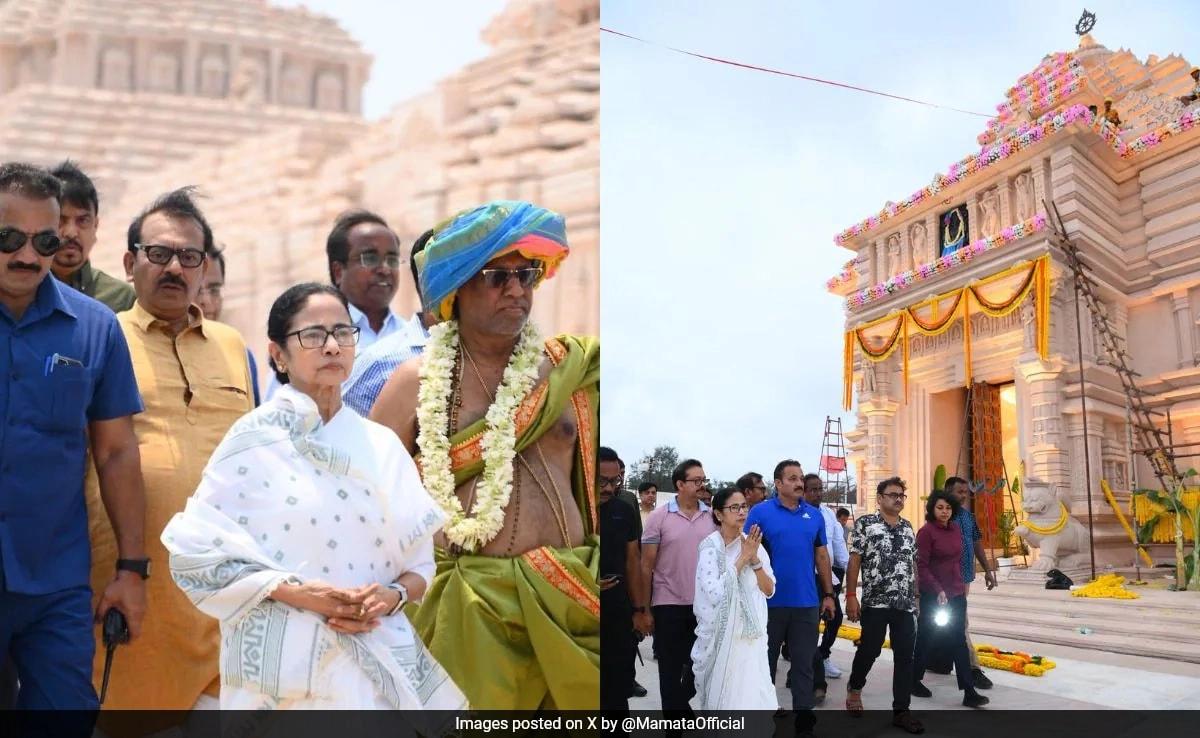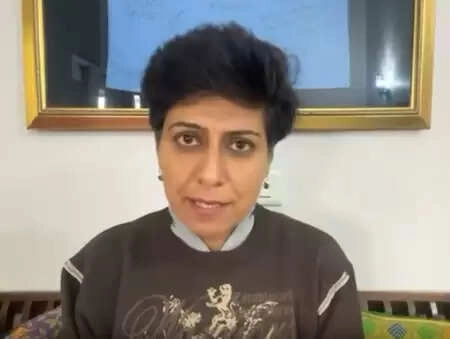The political landscape in West Bengal has witnessed a fresh controversy, particularly with the Bharatiya Janata Party (BJP) targeting Chief Minister Mamata Banerjee through the provocative label of “Fake Hindu.” This jibe comes at a time when the state has garnered attention for a significant cultural event: a slice of Puri, the iconic Indian dish, being served in Bengal. This moment, which should ideally symbolize regional pride and culinary celebration, has instead become a flashpoint for political rivalry, with the BJP seizing the opportunity to question Banerjee’s authenticity as a representative of Hindu values.
The BJP’s critique appears to be rooted in a broader strategy to undermine Banerjee’s standing among the Hindu electorate. The party has long attempted to establish itself as the champion of Hindu nationalism, and by branding her as “Fake Hindu,” they aim to paint her government as disconnected from the beliefs and practices that resonate with a significant segment of the population. This rhetoric not only seeks to challenge her credibility but also to consolidate the BJP’s base by portraying itself as the true custodian of Hindu identity in the region.
In response, Banerjee and her party, the Trinamool Congress, have been vocal in defending their stance on religious inclusivity and secularism. They argue that such labels are a diversion from pressing issues like economic development, healthcare, and education that directly impact the lives of the people in Bengal. By framing the debate in terms of concrete governance rather than religious identity, Banerjee seeks to shift the focus back to her administration’s achievements and the socio-economic challenges that the state faces, thereby appealing to a broader demographic beyond the religious divide.
As West Bengal continues to navigate this complex political terrain, the juxtaposition of cultural pride and religious identity politics will likely shape the discourse leading up to future elections. The BJP’s tactics may resonate with certain voters, but they also risk alienating others who prioritize governance over religious posturing. Ultimately, the outcome of this political battle will depend on the electorate’s response to these competing narratives and their desire for substantive leadership in addressing the myriad challenges facing the state.




